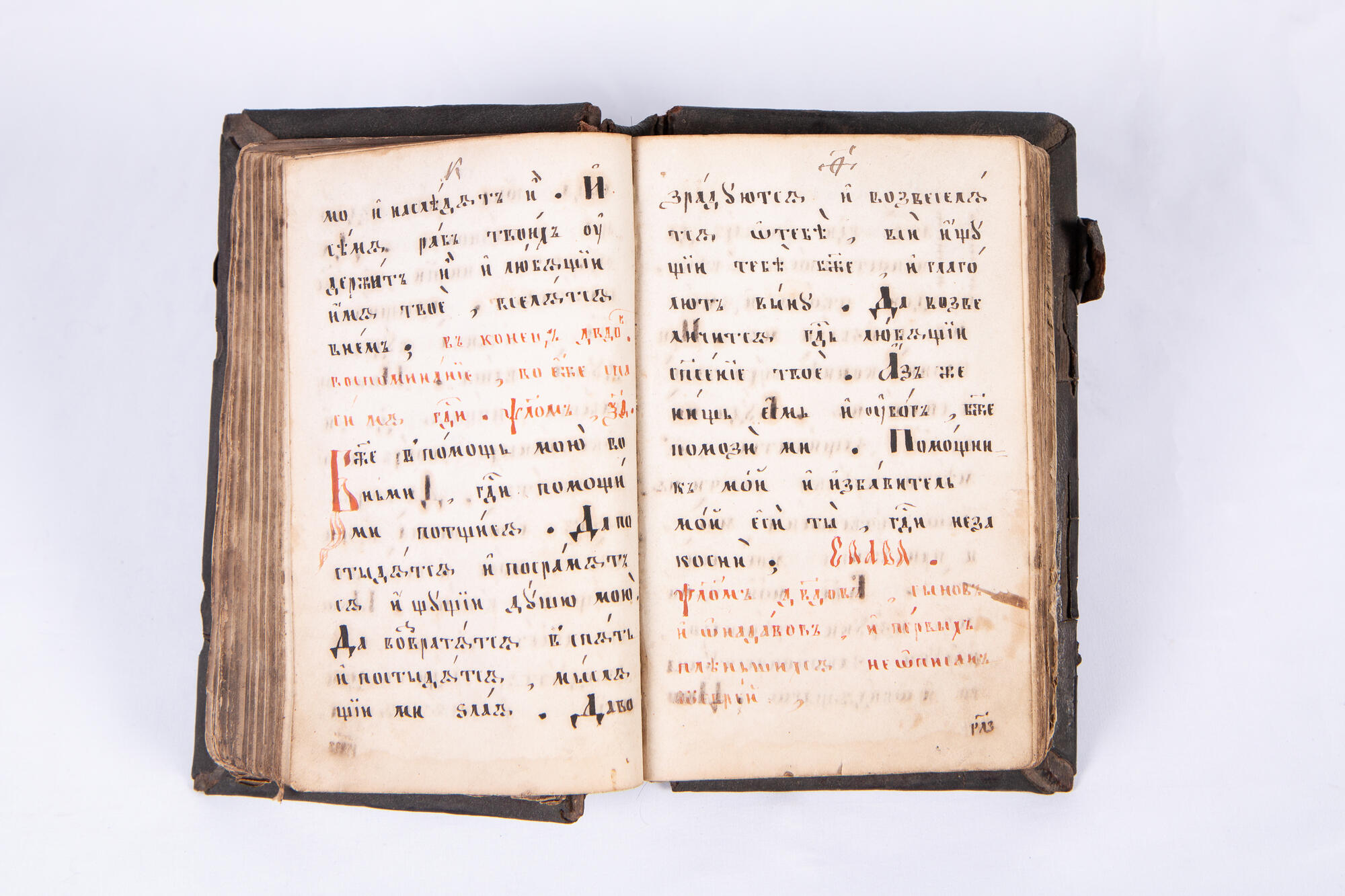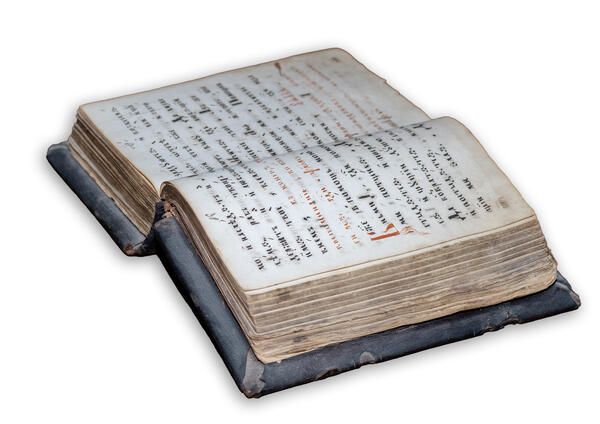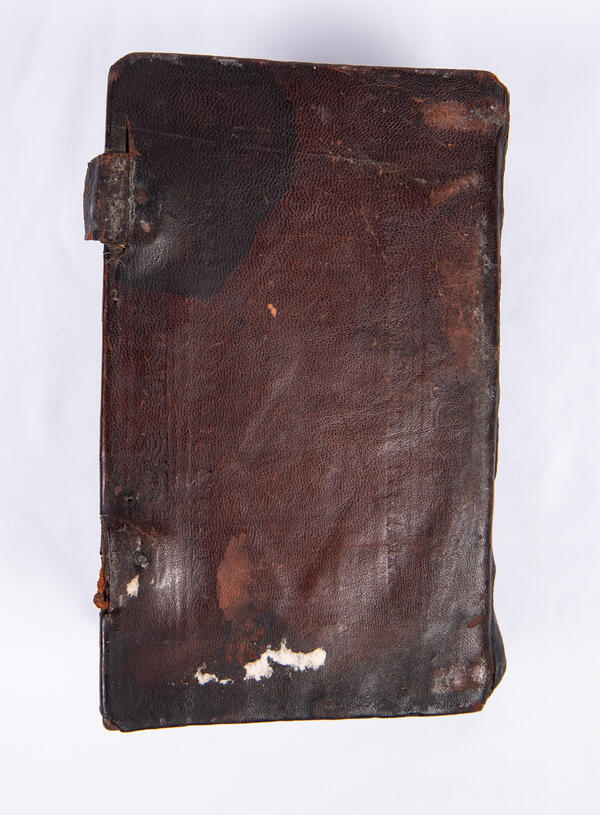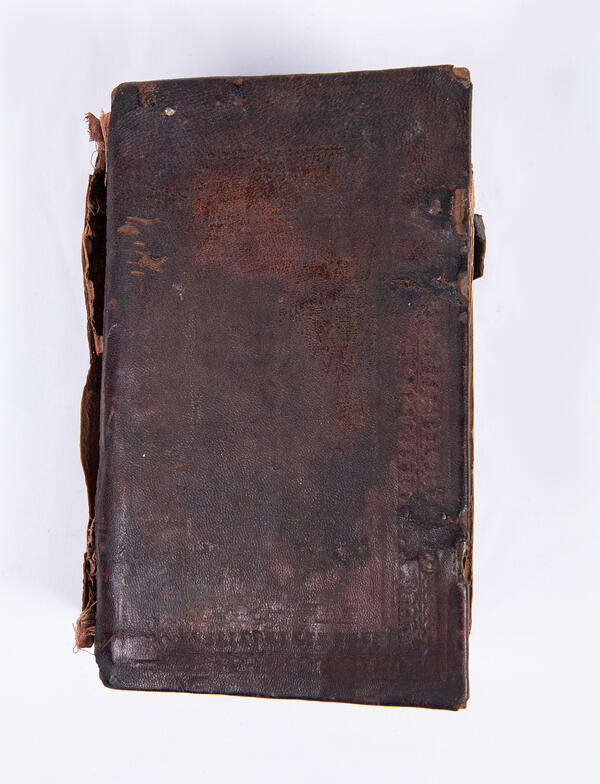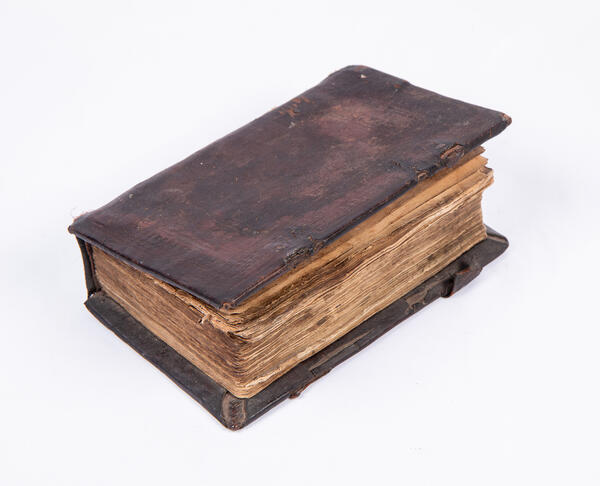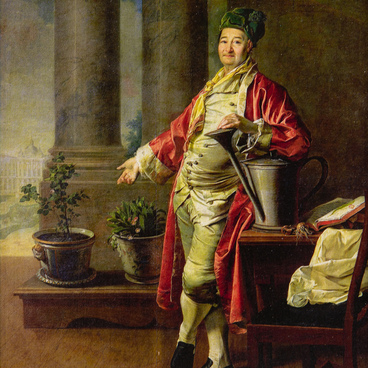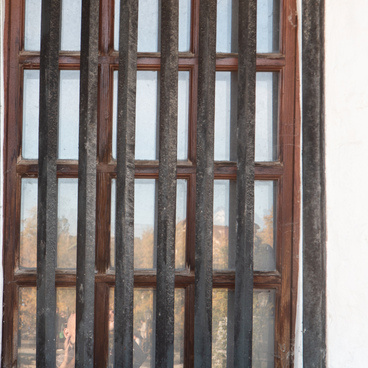Without exaggeration, Christians regard the book of Psalms as the most treasured book of the Old Testament. This is a book of prayers for all occasions: it can be read in sorrow, in a state of hopelessness, in fear, in disasters, in tears of repentance and in joy after receiving consolation, in the need of thanksgiving and for offering pure praise to the Creator.
The Psalter got its name from the Greek word “psalo”, which means “to pluck the strings”, “to play”. Tehillim is the Hebrew name of the book of Psalms — it means “praise.” King David was the first to accompany the singing of the divinely inspired prayers he composed by playing a musical instrument called the psaltery. The psaltery is a stringed musical instrument that has changed its appearance and playing technique many times throughout its history: it was played by plucking, clanking and with a bow. The origin of the instrument dates to biblical times.
The Psalter was compiled over eight centuries — from Moses (1,500 years before the birth of Christ) to Ezra-Nehemiah (400 years before the birth of Christ), and the book contains 150 psalms. King David started this book by composing the largest number of psalms. In addition to David’s, the Psalter includes one psalm by Moses (89), three by Solomon (71, 126 and 131), twelve by Asaph the seer and his descendants, one by Heman (87), one by Etham (88), and 11 by the sons of Korah. The remaining psalms belong to unknown writers. The psalms are composed according to the rules of Jewish poetry and often impress by their power and amazing beauty.
Many of the psalms include inscriptions that appear at the beginning and add explanation to the content: for example, “prayer” (petitionary psalm), “praise” (praise psalm), “teaching” (didactic psalm) — or indicate the method of writing: epigrammatic. Other inscriptions indicate the method of performance, for example, “psalm” — that is, a song accompanied by the psaltery; “song” — that is, performance by voice; “on stringed instruments”, “on an octal-stringed instrument”, “according to gittith” — that is, on a zither, “maskil” — that is, with a change in instruments. The title of some psalms includes the words of a song, which should be used as a model for the psalm, something like “similar” ones in evening and morning services.
